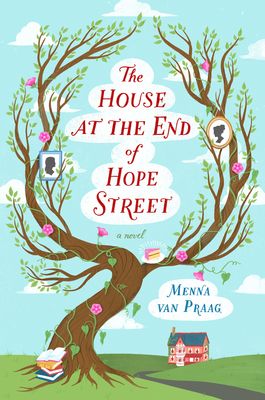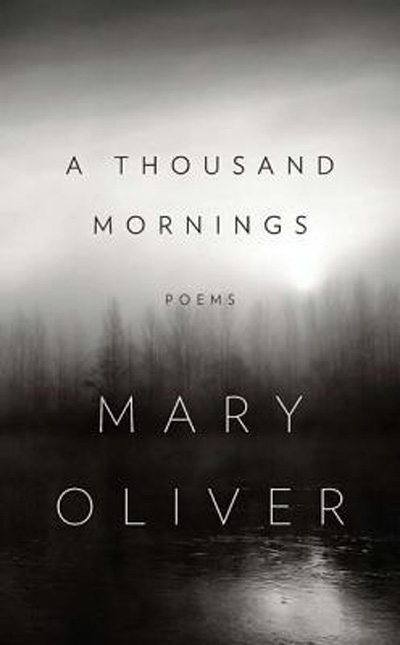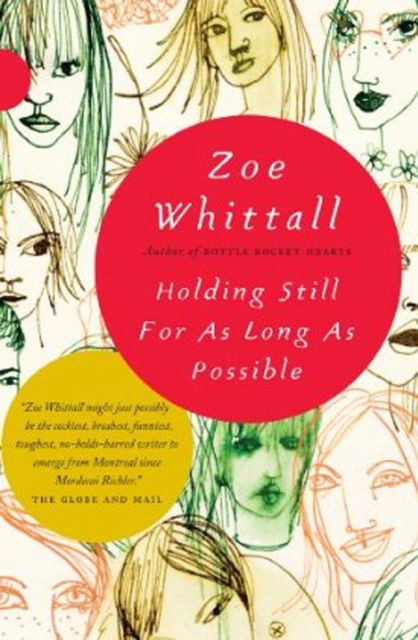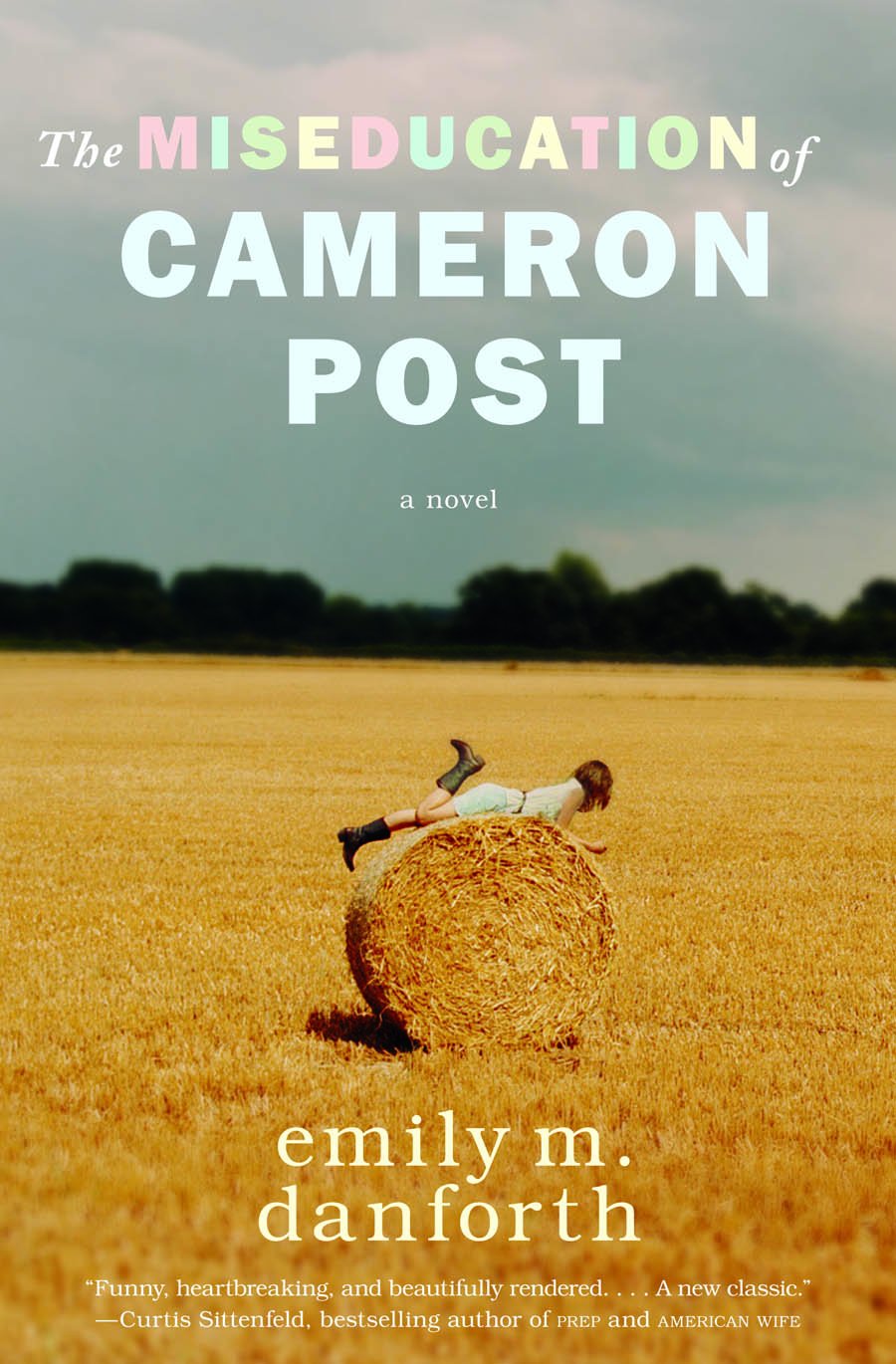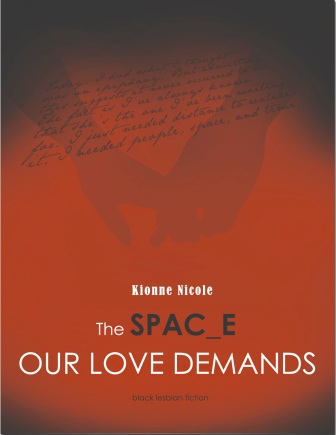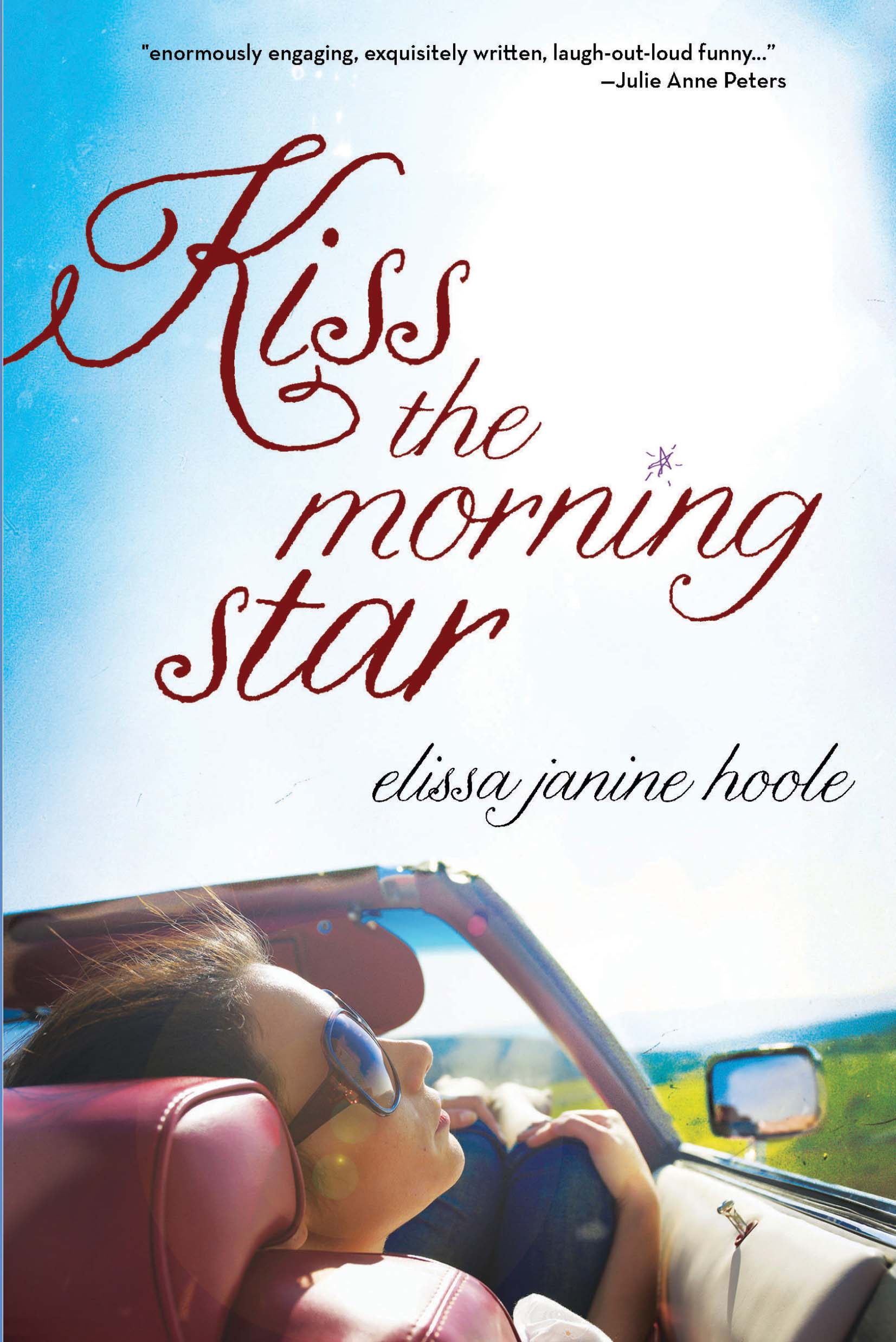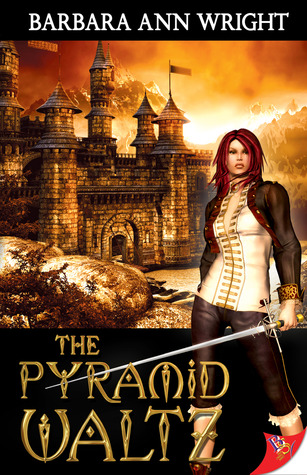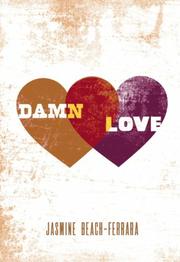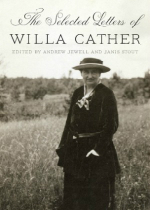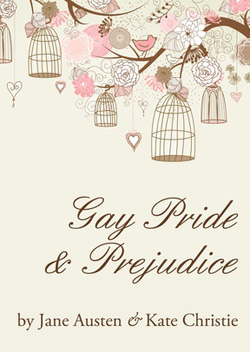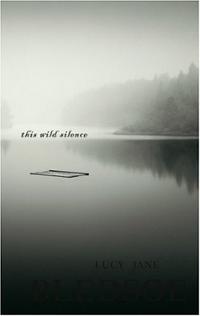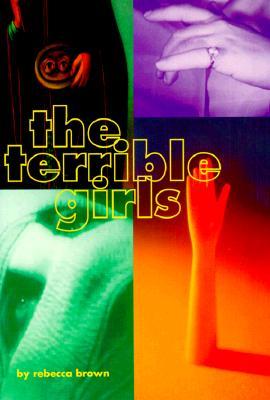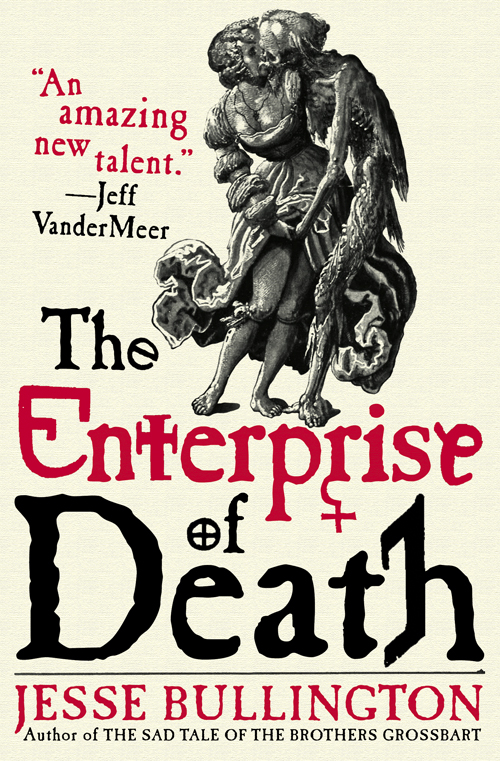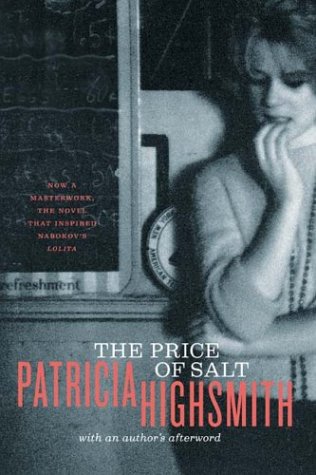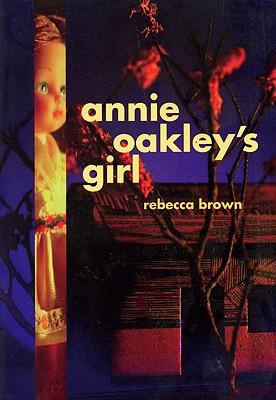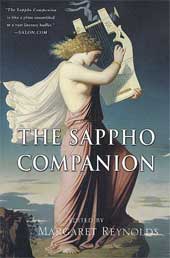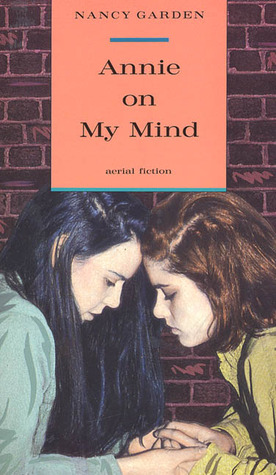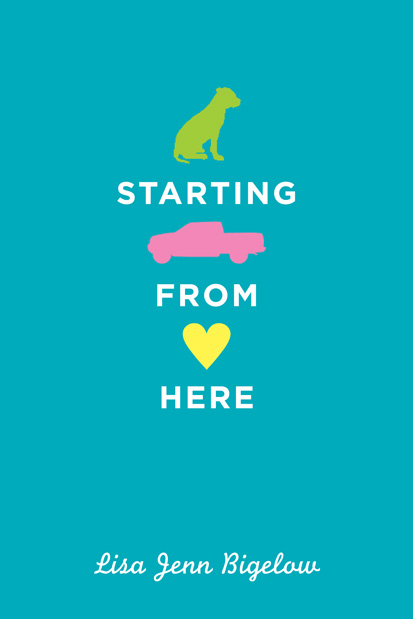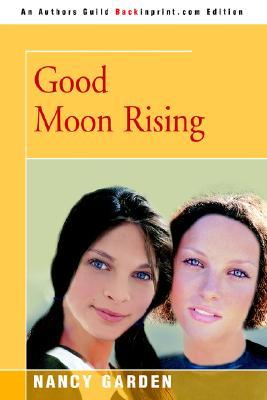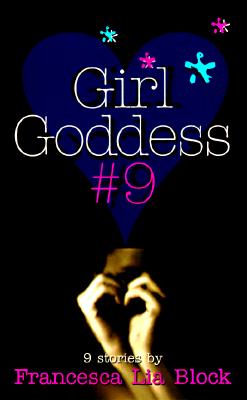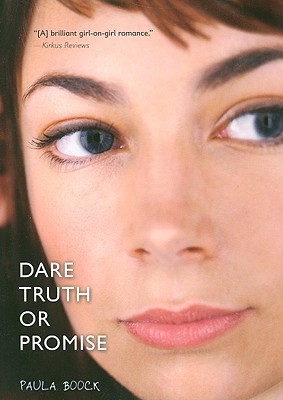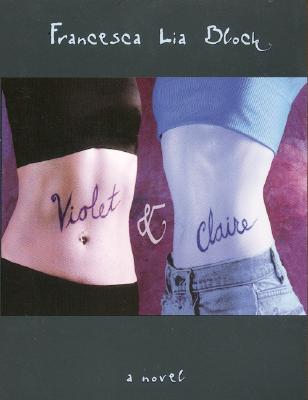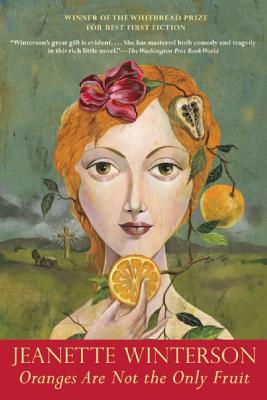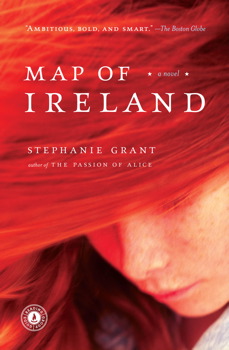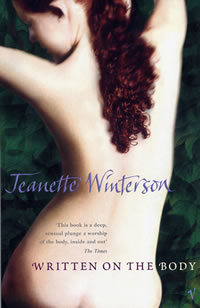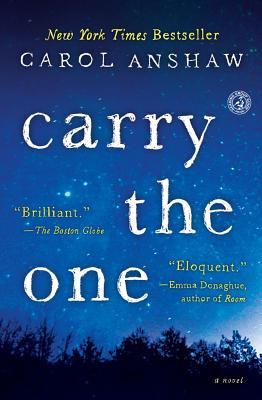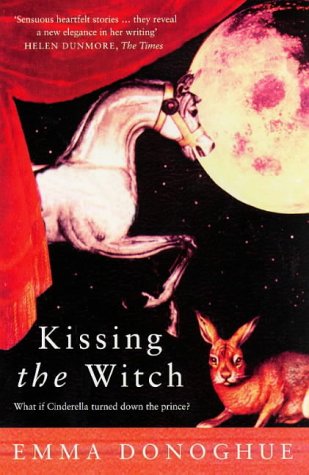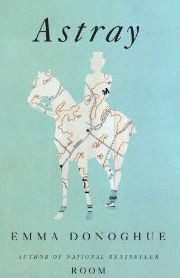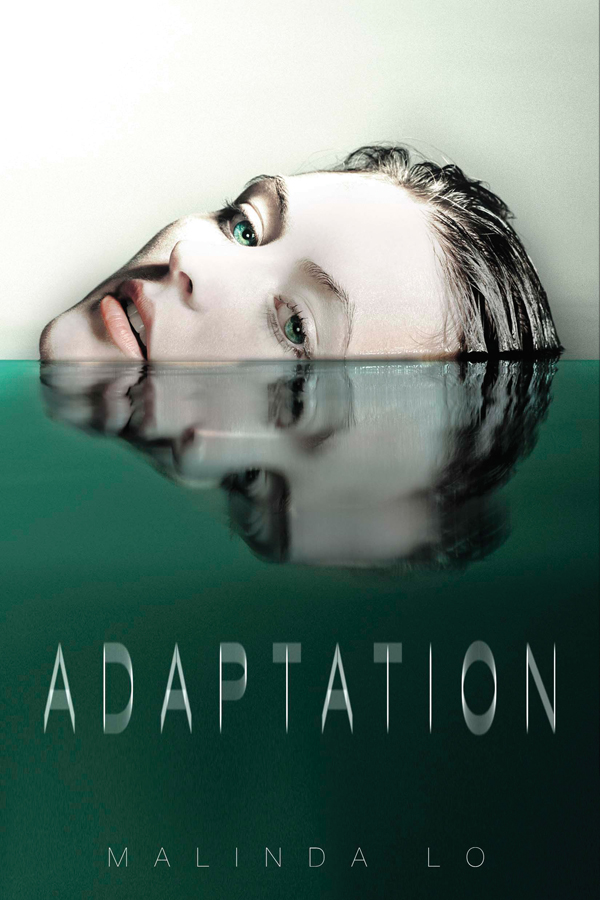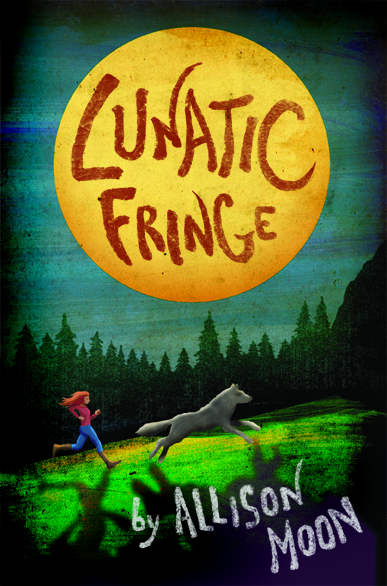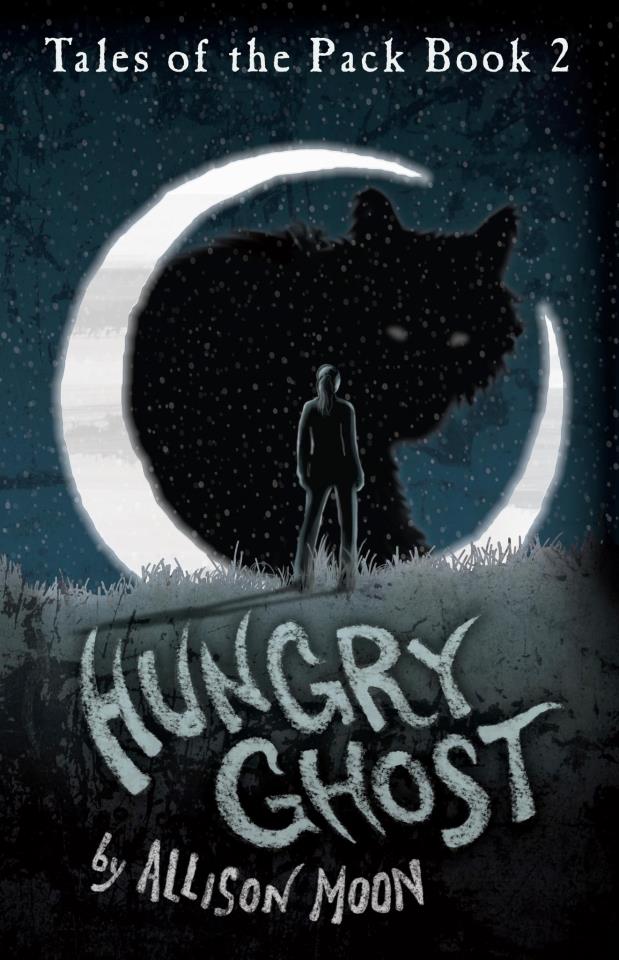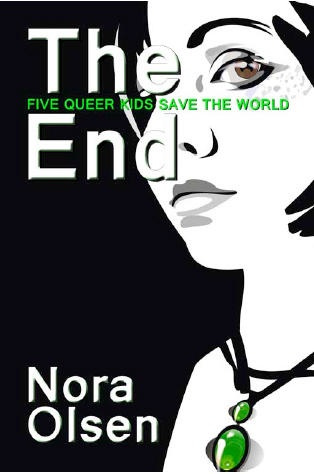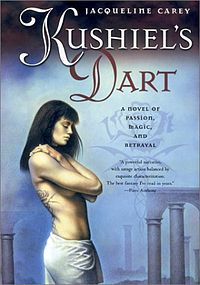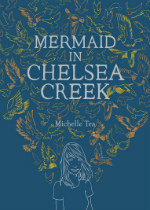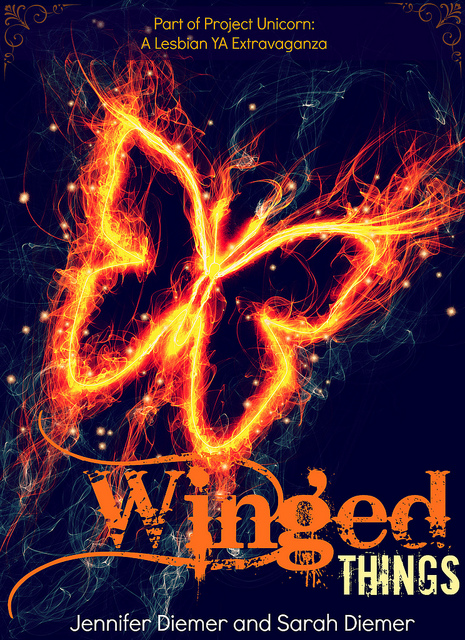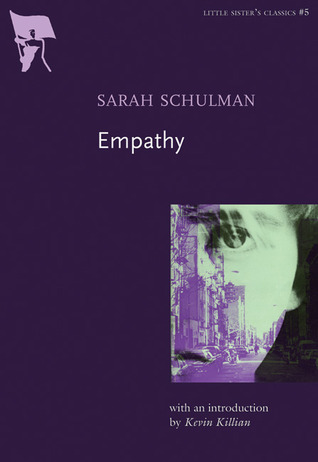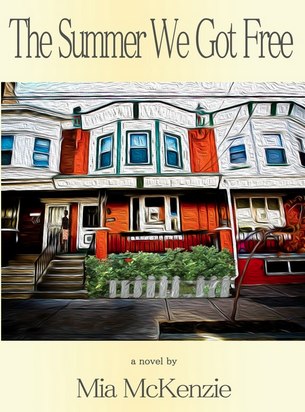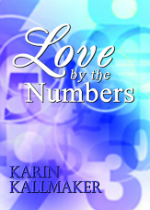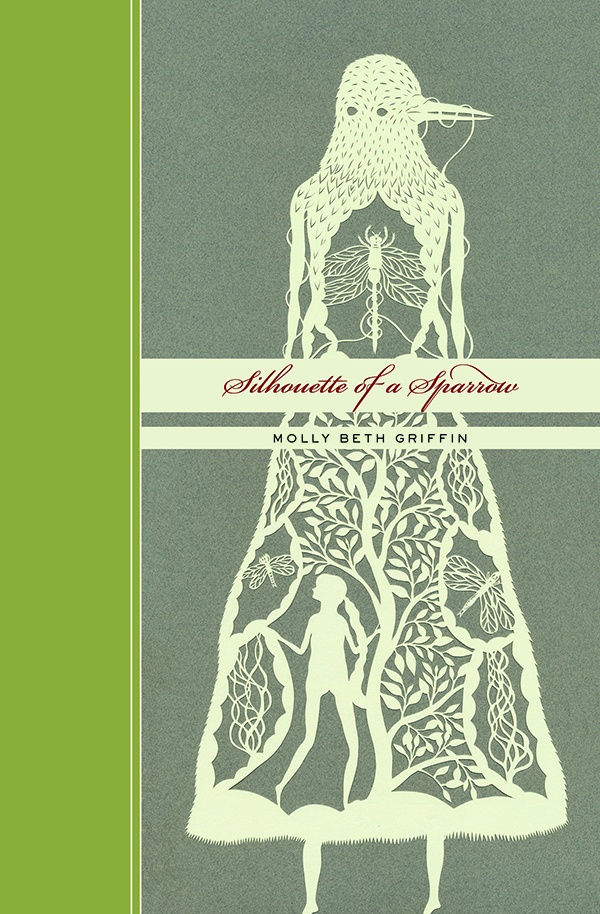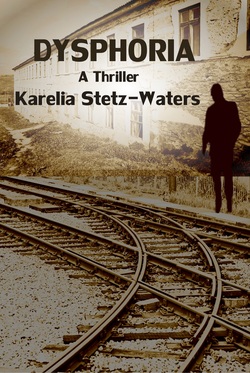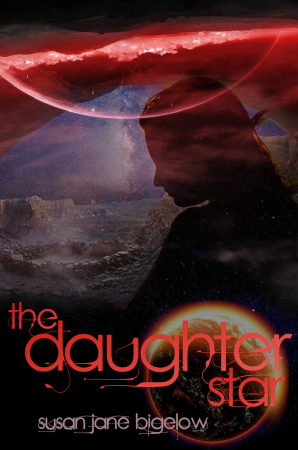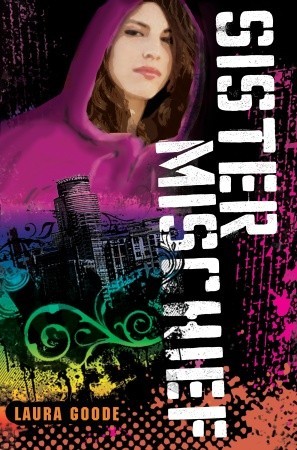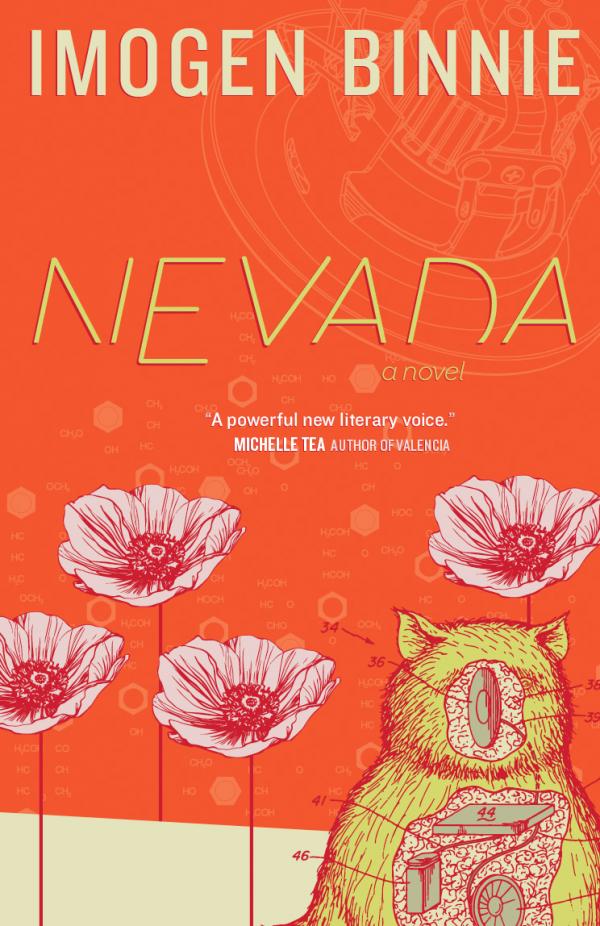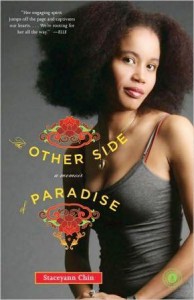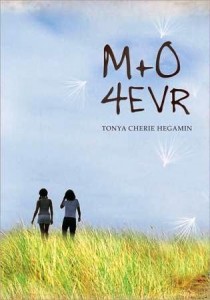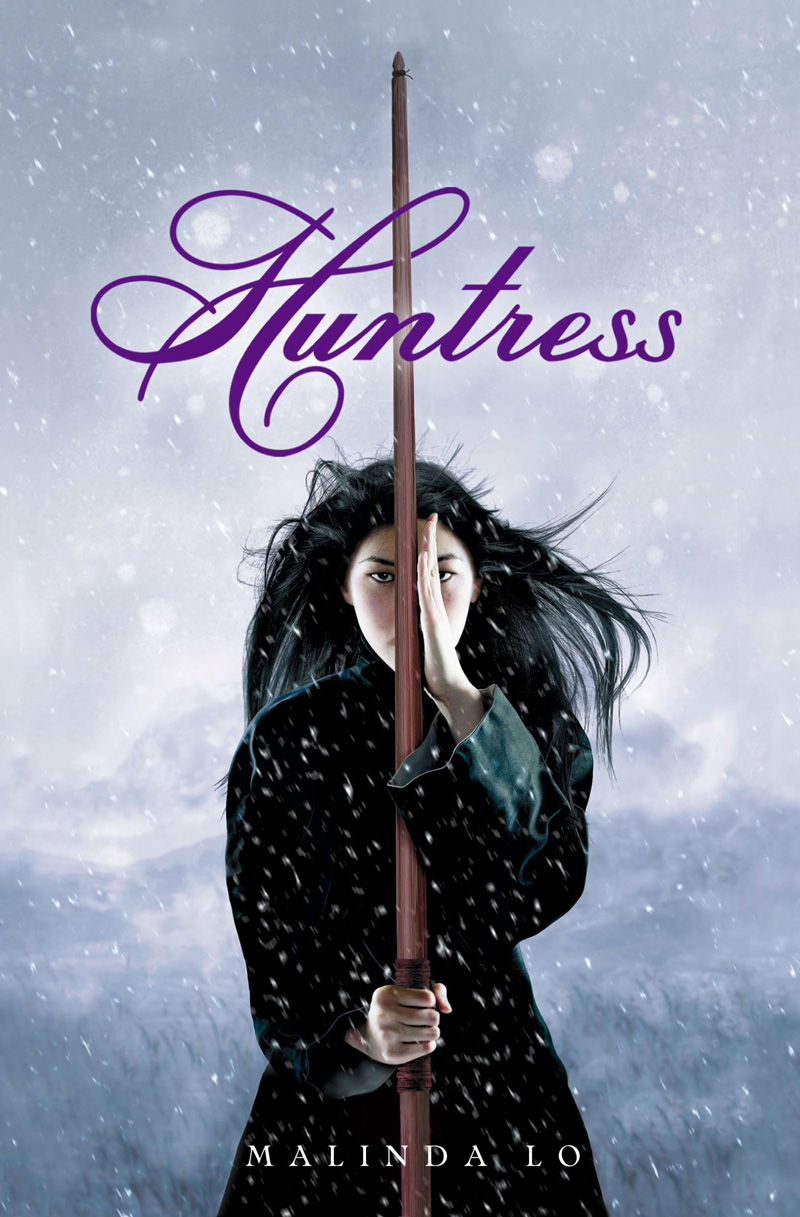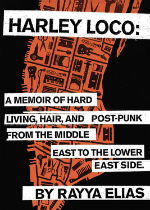AfterEllen posted Kate and Maggie team up to unmask [SPOILER!] in “Batwoman #20” and AfterEllen.com Book Club: Choices for June.
Autostraddle posted
- 37 Books By, For, or About Bisexual or Otherwise Non-Monosexual People
- Read a F*cking Canadian Book, Eh: Zoe Whittall’s “Holding Still For As Long As Possible”
- The House At The End of Hope Street: An Autostraddle Book Review and Interview
Lambda Literary posted Bi Lines VI & Bisexual Book Awards: A Multi-Arts Celebration of Bisexual Writing (June 2, NYC) and Lambda Literary Awards Ceremony.
Queer Books Please posted
The Rainbow Reader posted The Lesfic Boomtown Foretold: A Cautionary Tale by Salem West and TRR Celebrates 100,000 Visitors.
Sistahs On the Shelf posted Top Ten Tuesday Freebie: Memorable Stud Characters.
Women and Words posted Amazon and fanfic.
Sarah Diemer posted
- Get My Latest YA Novel, TWIXT, for FREE
- Curiosity’s Cabinet, a Free YA Short Story — Part of Project Unicorn (A Lesbian YA Extravaganza)
- Dragon Star, a Free YA Short Story — Part of Project Unicorn (A Lesbian YA Extravaganza)
Malinda Lo posted Finalists for the 2013 Lambda Literary Awards in LGBT Children’s/Young Adult Books.
Catherine Lundoff posted Bisexual Book Awards – Finalist list and press release.
Damn Love by Jasmine Beach-Ferrara was reviewed at Lambda Literary.
The Selected Letters of Willa Cather edited by Andrew Jewell and Janis Stout was reviewed at Lambda Literary.
Dialectic of the Flesh by Roz Kaveney was reviewed at Lambda Literary.
Art on Fire by Hilary Sloin was reviewed at Piercing Fiction.
The Pyramid Waltz by Barbara Ann Wright was reviewed at The Rainbow Reader.
For even more links, check out the Lesbrary’s twitter page! We’re also on Facebook and tumblr.
This post has the covers linked to their Amazon pages. If you click through and buy something, I might get a small referral fee.

